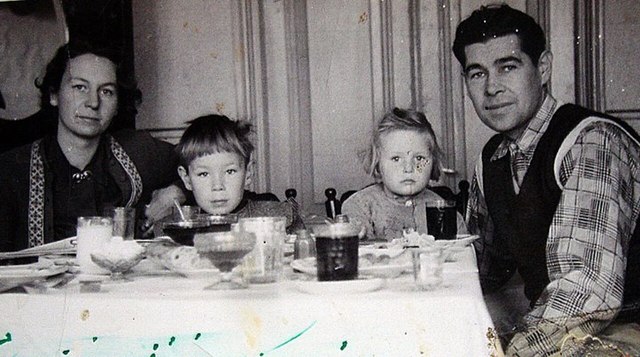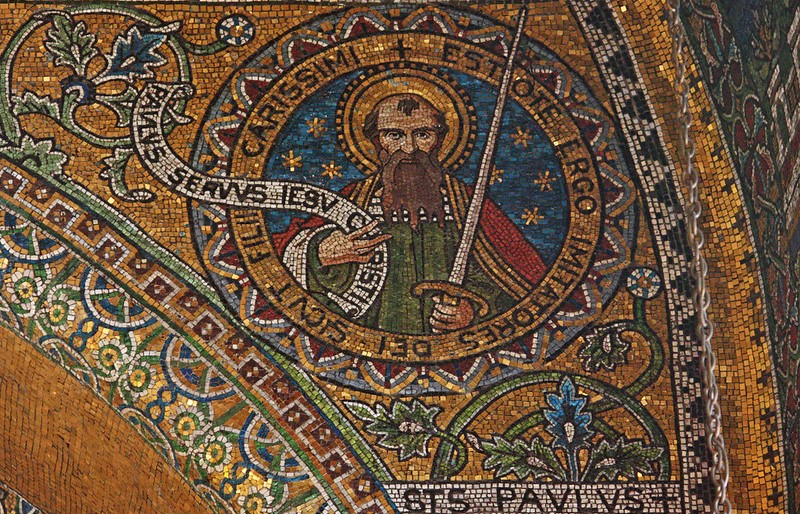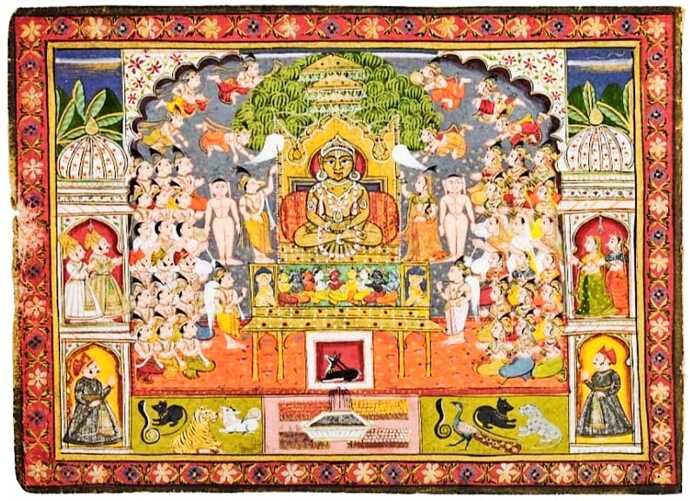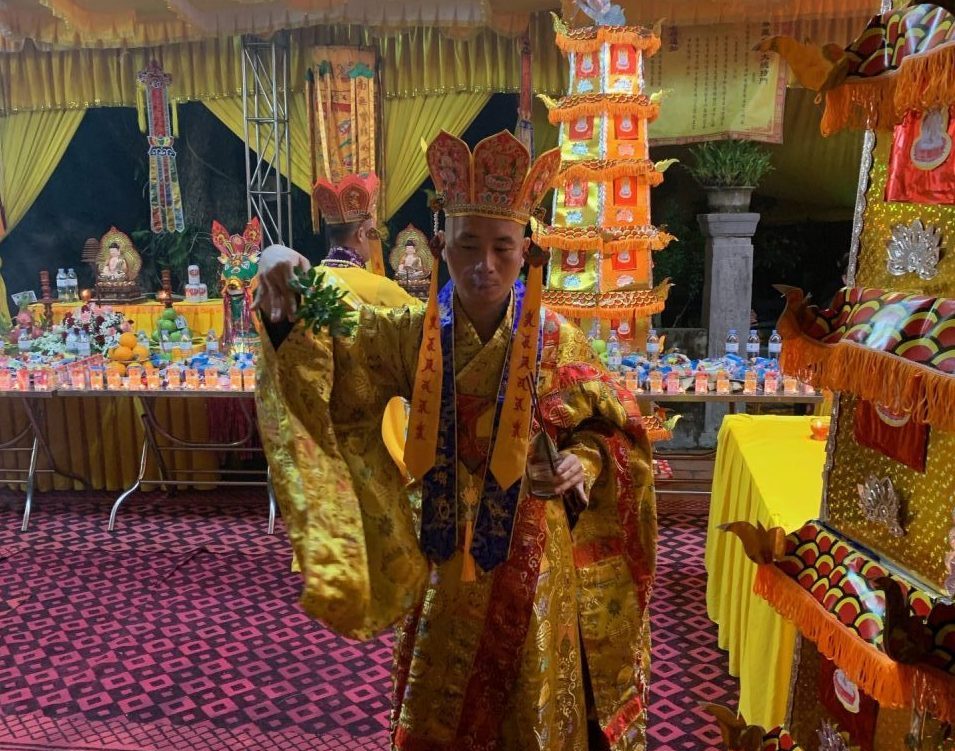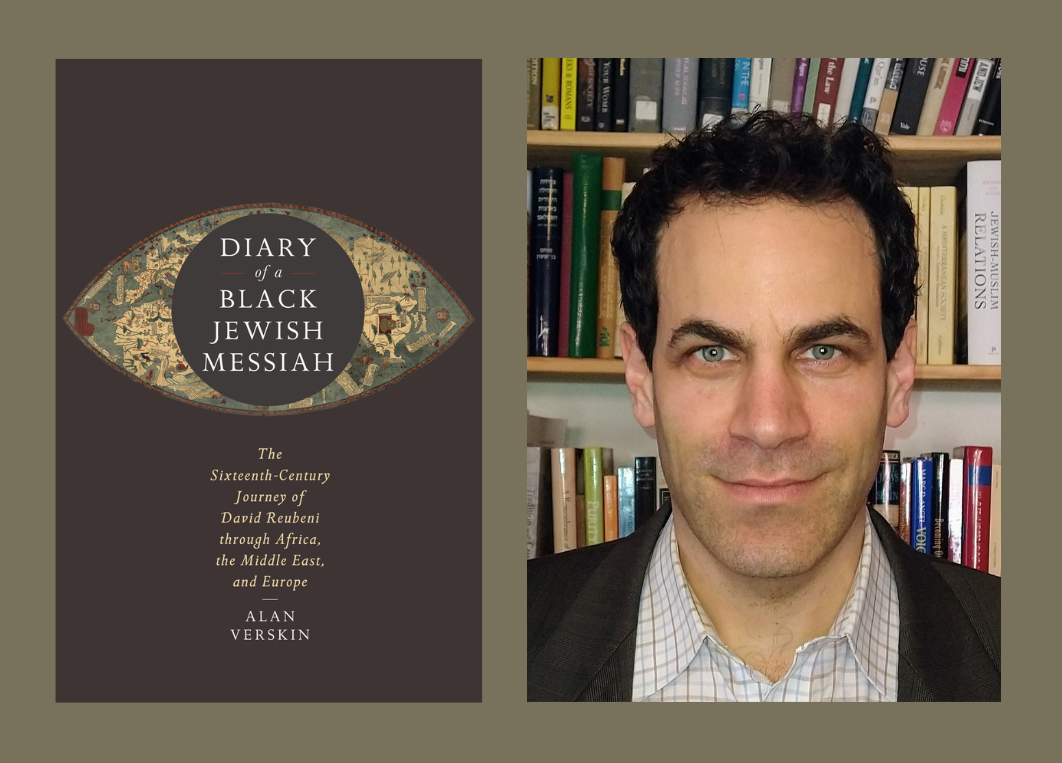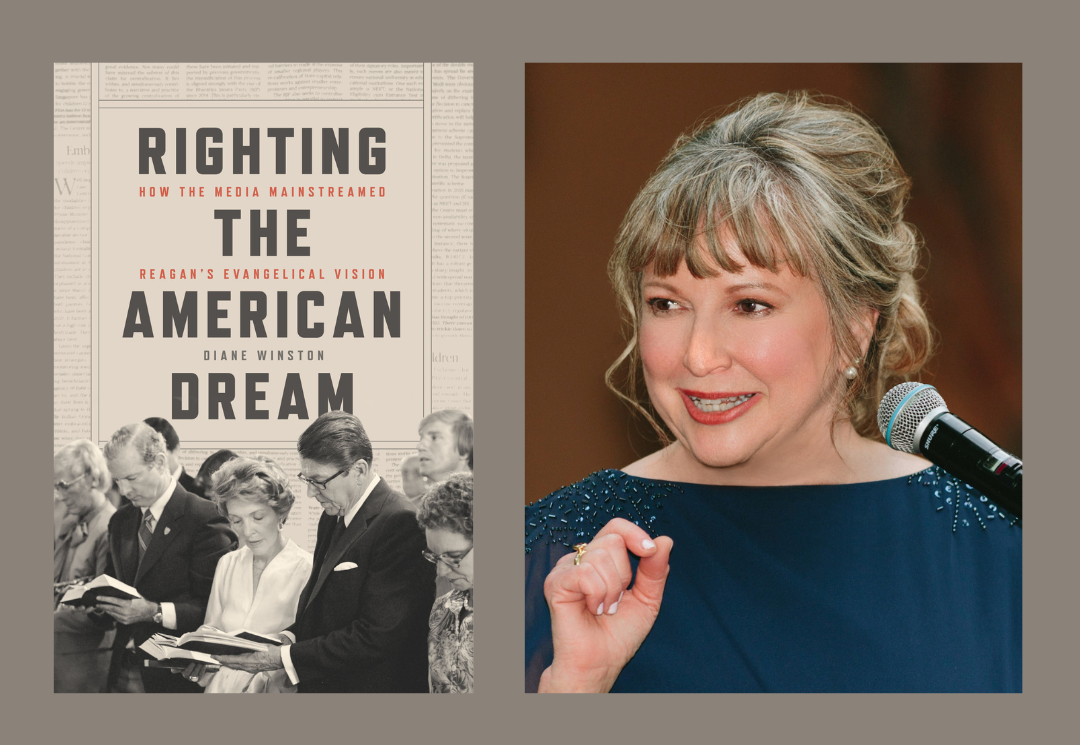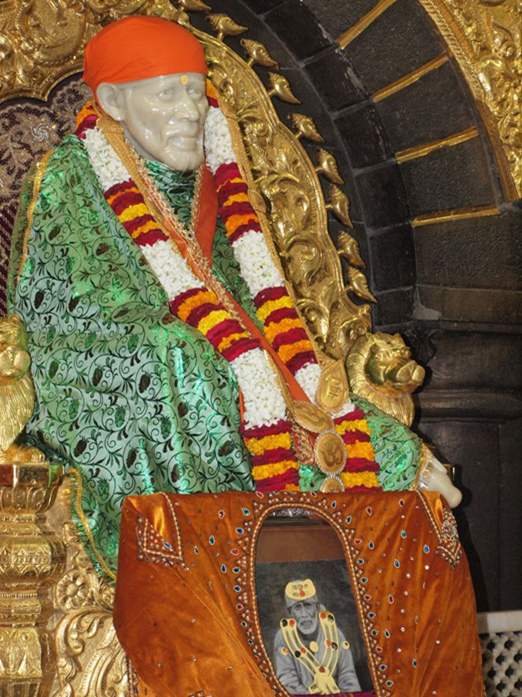CSR
Lost Books: The Forgetfulness of Writing and the Forgetting of Jewish Pasts
314 Royce HallIt is often noted how the discovery of the Dead Sea Scrolls transformed our understanding of ancient Judaism, radically expanding our evidence for Jews and Judaism prior to the rise of Christianity. Yet this material also stands as a striking reminder of how much of the literary heritage of Jewish antiquity has been lost...
The Mothers, the Mamzers, and the Rabbis: Reconstructing Family and Community in Post-Holocaust Jewish Law
Haines 39/ZoomThis talk centers on the little-known story of the children of illicit unions that resulted from a highly unusual situation in post-Holocaust Munkacz, a SubCarpathian town that had been a major Jewish center before World War II. A number of women who returned to Munkacz in 1945 believed their husbands had perished in the...
Mark of Contradictions: The Creation of Judah’s History and the Case of Samson
236 Royce HallIn biblical texts, we find preserved the “mark of contradictions, fragmentations, and adjunctions,” as intellectual historian Michel de Certeau once wrote (The Writing of History 1988: 313). This talk will explore the mark of contradictions in what may seem a peripheral set of texts within the broader biblical narrative, the Samson stories of Judges...
Ethics in Paul and Paul in Ethics
ZoomThis talk looks at a few examples of Paul's ethical reasoning and then discusses how his ethical discourse compares with those of several types current today. RSVP required for Zoom access. Click here Adela Yarbro Collins is the current president of the Society for Biblical Literature and an American author and academic who...
Different Roads, One Goal: Gandhi and Jainism
314 Royce HallThe nonviolent activism of Mahatma Gandhi, one of the last century's most revered figures, has exerted enormous influence across the world. Gandhi was himself greatly influenced by Jainism, an ancient religion whose practitioners, many of whom live in Gandhi's native state of Gujarat in north-western India, are committed to minimizing harm to living beings....
From Enchanted to Re-enchanted: Trajectories of Vietnamese Buddhism in a Post-modern World
Royce 243Sponsored by the UCLA Center for Buddhist Studies. It is co-sponsored by the Center for the Study of Religion and the UCLA Center for Southeast Asian Studies. Buddhist modernity has often taken on the form of a secularized, rationalist and democratic Buddhism that accentuates meditative techniques and a focus on psychology and salvation attained through...
Welcome Reception – Fall 2023
Royce 306Please join us to welcome in the new academic year, see old friends and meet new people. Click here to let us know that you will be coming by October 5th. Thank you!
Diary of a Black Jewish Messiah: David Reubeni’s How-To Manual of Messianic Redemption
ZoomIn the 16th century, a Hebrew-speaking, battle-scarred, Black-skinned Jew named David Reubeni appeared suddenly in Venice with a desperate plan to restore Jewish pride and political independence. Why did kings, bishops, rabbis, bankers, and even a pope, open their homes and wallets for him? Some answers come from one of the weirdest documents in Jewish...
Righting the American Dream
Kaplan 365Zoom or In-Person event Click here to register In this book talk, author Diane Winston explores how after two years in the White House, an aging and increasingly unpopular Ronald Reagan looked like a one-term president, but something changed in 1983. Reagan spoke of his embattled agenda as a spiritual rather than a political project...
Shirdi Sai Baba’s Presence: Mediums, Mediations, and Mobilities
Royce Hall 306/ZoomIn-person and Zoom Register here for both in-person or Zoom The South Asian saint Shirdi Sai Baba has an ever-growing global diaspora. His inspiration and healing energies are boons reinforced for many by his defiance of religious communitarianism. In welcoming all castes, creeds, and nationalities, Baba offers an alternative to the divisiveness of his time...


